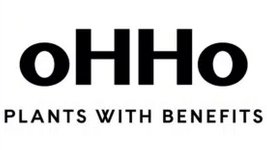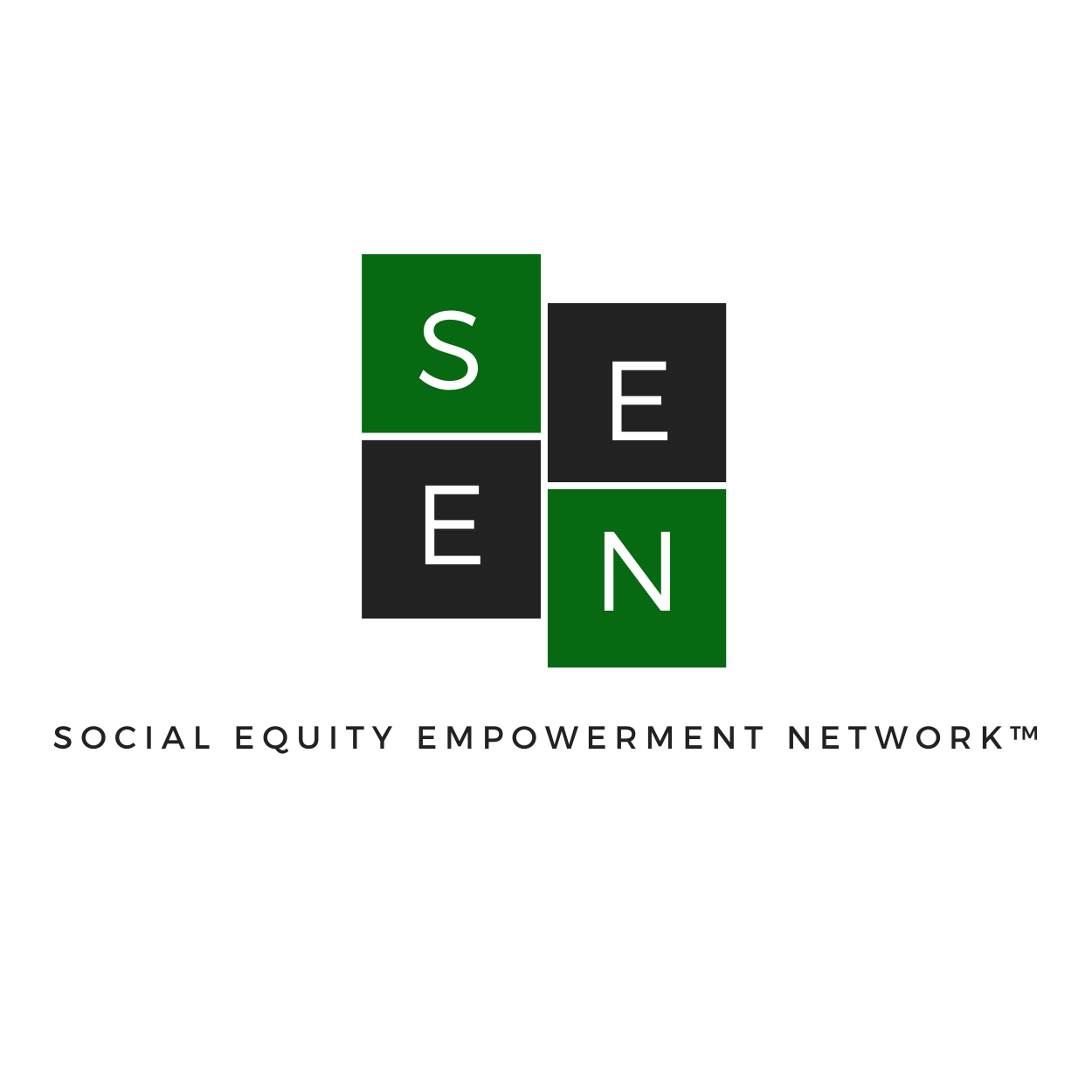Brands are not logos. Brands are not taglines or ad campaigns. Brands are not colors or fonts or products or companies. Great brands are transcendent. Great brands are emotional, aspirational. Great brands are synonymous with an ideal, a mission, a state of being.
Here’s what two of our generation’s branding giants have to say about what a brand is:
Great companies that build an enduring brand have an emotional connection with customers that has no barrier. – Howard Schultz (Starbucks)
Brand is not a product, that’s for sure. It’s not one item. It’s an idea, it’s a theory, it’s a meaning, it’s how you carry yourself. It’s aspirational, it’s inspirational. – Kevin Plank (Under Armour)
We communicate the brand through product design, through advertising, through color and shape and font, but those things are not the brand itself. A brand is the emotional connection between people and organizations. A brand is the aspiration of groups of people to a desired mode of existence. A brand is the collective social impact of the decisions an organization makes every day.
This industry is undeniably unique. We are united by a product that has been used around the world since the beginning of civilization, yet our industry is in its infancy. We are united by social activism, by a belief that our laws should reflect the will of the people. We are united by an entrepreneurial spirit, the desire to create products and services and organizations that once only existed in our minds’ eyes. A part of that entrepreneurial process is to lay the foundation for what will become the brands of our organizations. We must take great care to build that foundation of substance, not merely a skin or a façade.
There are many businesses that could have been featured in this list: it is by no means definitive, but each of these companies has shown a commitment to laying the foundations of their brands on something real, something meaningful, and it shows. Amazon founder Jeff Bezos stated, “A brand for a company is like a reputation for a person. You earn a reputation by trying to do hard things well.”
Every company should be aspiring to develop an organizational culture that is committed to executing difficult tasks at a world-class level; literally committing to doing one thing better than anyone else on the face of the earth.
This series will feature cannabis companies who are striving to do just that.
Jett

What process did you use to develop your brand? Was it developed internally or with an agency?
Our brand development was done 100% internally by the initial Jett team. Both the CEO and myself come from marketing backgrounds. The fundamental idea behind our brand comes from our core personal values. We believe in being light on our feet, bold, fun, recognizable and transcendent. Once we put into words how we felt, we started on the design.
We immediately knew that we wanted to stand out in the industry against the assorted shades of green. Jett went with a black and white approach to represent the ideals we had. We wanted something that was specific to Colorado but applicable to Americans in general: light, free, bold, daring, independent. It’s urban with our focus on the RiNo district and its street life, but outdoorsy in the spirit of the adventurous Coloradoan.
We wanted a lifestyle brand, so we made our logo “mark” our name. JETT can represent whatever you want it to be, and is interchangeable with our cannabis product and lifestyle brand. Many, if not most, companies in the cannabis industry think their mark is their brand, when in reality it’s what you do and how you portray yourself in all aspects that forms the foundation of your brand.
What are the defining characteristics, core tenets, or ideological values of your brand?
As I mentioned in the previous response, we started our brand image development with our core values. Our #1 value is the most simple and well known rule around, treat others as you want to be treated. We apply this to our consumers, our employees, and our clients because, collectively, they are the reason we exist. This ideal is how we do business.
As an outwardly defining characteristic, our main adjective would be independent. Everyone (over 21) is free to make their own choices, and our goal is to give them the best choice. We are creating a brand that translates to sales for us as well as our dispensary partners. Our consumers aren’t going to go to the store for a CO2 cartridge, or a gram of rosin. Our customers are going to go to the store for a Jett Cartridge or gram, because they know they will be getting the absolute best. This gives us sales, and offers our partner the opportunity to upsell even more product to the customer that Jett brought through the door.
As a company, Jett is entrepreneurial and light on its feet, just like the location of its brand house in RiNo. We know that the market is made up of a wide array of customers, and we offer a wide variety of products for just that. We don’t make what we think is best, we make what you think is best. We strive to give our customers exactly what they are looking for.
How do you think effective branding benefits the consumer? How does it benefit businesses?
Effective branding gives customers the confidence to know what kind of product they will be receiving each time they purchase. It provides a level of trust between the consumer and the product. If someone goes to the store to buy a new TV and has owned and loved a Samsung for the past 10 years, they probably won’t buy the Vizio brand. They are going to purchase another Samsung, because their experience has proven that Samsung makes a quality TV. There are a couple companies in the industry that have this consistency, but haven’t built the brand behind it yet, so customers don’t have the kind of trust that they could and should have when selecting a product.
It benefits our business, as well as our partner businesses, because our customers become loyal brand advocates. If a Jett customer knows that he can be served by a knowledgeable budtender at a specific store and receive the products he wants, he will tell his friends about it. Everyone wins.
A strong brand also gives room for customer feedback. We can cater to our customers when our customers know how to reach us. Our phone number is listed on our website for any kind of feedback, whether that be partner business or consumer. As I mentioned before, every consumer is different. Being involved allows us to fill their needs better.
What are some of the most effective ways that you use branding to promote your products?
We have a strong focus on personal interaction. We’ve found our brand excels anywhere we can engage people on a personal level. This works for us because our B2B clients are the same as our B2C clients. Jett Cannabis believes that we are all in this growing and changing industry together. We have been heavily involved in social media, which allows us to engage with people. We have also done a number of industry related events, as well as concerts and shows. Last Friday we took a limo up to Red Rocks for the GRiZ show to promote the brand and treat some of our company friends.
Are there other companies in the cannabis industry that you feel have branded themselves exceptionally well?
Sweet Leaf, Terrapin Care Station and Native Roots are some recreational brands that have been doing well with their brand in the recent months. Sweet Leaf has done a great job of applying a unique style and color pallet that includes a neon pink, purple and blue. The branding is very bold, and works great to stand out in the industry with very little green or marijuana leaves. I spoke with one of the owners of Terrapin Care Station shortly after they had rebranded what he called several of their “neighborhood feel” stores under a unified brand after becoming recreational. I think they’ve done a great job visually of creating a consistent brand between both their advertising and storefronts. Native Roots, winner of the 2015 CannAwards for most creative marketing initiative, have also clearly created a wide reaching and recognizable brand for their shops.
What common missteps or pitfalls would you suggest to companies looking to build a new brand?
Many of the cannabis brands out there are very logo-centered. Some companies think that their brand is their logo, when in reality the logo is merely a representation of the brand. I see ads all the time in the Westword that have multiple logos on one coupon. This kind of “branding” is driven by the fact that the demand is there. Currently, tourism drives a large amount of sales, and dispensaries can bank on this. They don’t need to create a unified brand, or advertise with more than a coupon in the back of the Westword. They might be able to prosper solely off demand at this point, but as more and more states legalize I think that the companies who focus on branding effectively will come out far ahead.
Marketing is an afterthought in this industry today. Owners don’t seem to look at their brand from the outside. Building a brand takes a lot of work, and can often cost a lot of money. When the owners see huge profits and increasing revenues despite very little brand awareness, they don’t take that extra step because they don’t feel the need. That said, when they don’t go the extra step to strengthen the brand, their employees don’t go the extra step to represent the brand, and the brand becomes stagnant.
Many of the brands out there aren’t attitudes, and the employees don’t believe in it. It’s a just a place to go to work. Employee enthusiasm leads to word of mouth sales. Word of mouth is huge in this industry. Currently 20% of cannabis users make 66% of cannabis purchases in Colorado according to the 2014 Department of Revenue study. People trust their friends and family for referrals. When a budtender makes a great impression, that customer is going to go back, then they are going to tell their friends to go. While working at a dispensary the last 2 years, I’ve witnessed that word of mouth is by far the biggest driver of new customers, no matter how many ads we had running or how many social media posts we made. It all goes back to your employees and your customers. Treat the customer how you want to be treated and the sale will take care of itself.
Photo Credit: Joshua Earle
Get daily cannabis business news updates. Subscribe
End



